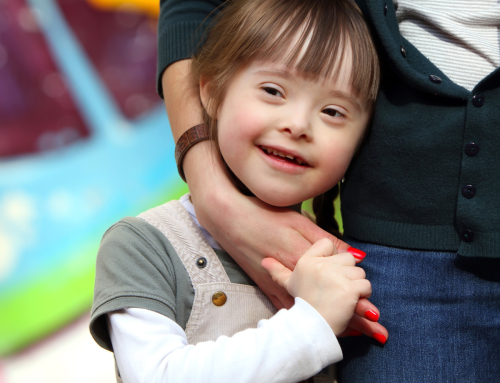When a person dies without making a Will there is a legal “formula” which decides who gets what. Although I wasn’t around at the time my understanding is that a number of Wills were collected and analysed to show what the “average” Will looked like. The 1925 Act was then written to reflect this “average” Will.
That was almost 100 years ago so it’s no surprise that Society and families have changed significantly since then. People living together without marrying and children born outside of wedlock as a starter.
Last year the Government passed a Bill (Inheritance and Trustees Powers Act 2014) to make a few changes to the 1925 Act to bring it up to date. It became law in October 2014.
The changes are
- The remaining spouse (no children) now gets everything as opposed to the complex rules that used to apply.
- How the estate is split between the remaining spouse (with children) and children is now simpler.
- The definition of personal property/chattels has also changed. It now includes all tangible moveable property, apart from property which consists of money or security for money, or property that was used solely or mainly for business purposes or was held solely as an investment.
- The new rules ensure that children will not lose any claim to inheritance if they were adopted after the death of a natural parent.
Some things that haven’t changed (surprisingly)
- Still no protection for common law partners! Without a Will they pretty much get nothing regardless of how long they’ve lived together or if they have children. Amazing this wasn’t sorted out.
- Step children are also excluded
- The amendments have no effect on people whose assets are less than £250k.
The order of inheritance under intestacy rules is as follows:
- Children of the deceased (including illegitimate and adopted children, but not step-children)
- Parents of the deceased
- Siblings of the deceased
- Half Siblings of the deceased
- Grandparents of the deceased
- Uncles and Aunts of the deceased
- Half Uncles and Aunts of the deceased
- Everything passes to the Crown
A Will is SO MUCH MORE than deciding who gets what. It can be used to nominate your children’s guardian, provide money for a disabled relative as well as minimise your Inheritance Tax liabilities. Get in touch to see how we can help you.
However, if you want to know who gets what in your current circumstances then the Government have a handy website. Click here to see what happens in your circumstances.







Leave A Comment
You must be logged in to post a comment.